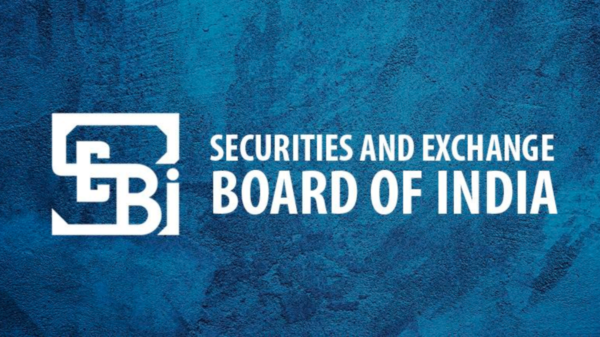What is the thing that differentiates a boss from a leader? No doubt everyone has some capability, but a good leader is always down to heart and humble. Leadership with good communication skills is needed to develop harmony in society. It can also ensure a smooth development of a realistic world. Just take the example of Martin Luther King Jr.
“I have a dream.” Those kinds of words must have resonated in our brains, so what is the charisma here? Like other bosses, if he had not communicated with emotions from his heart, it would be difficult to portray the entire situation or his vision for his dream nation. Let us dive further into effective communication skills and their effect on leadership.
Importance of Communication Skills for Leadership
“Attitude is a little thing that makes a big difference.” Winston Churchill
All great leaders of history brought insight into developing effective communication skills. The purpose of leaders is to motivate people and teach a strong purpose to follow their mutual paths. It is important to show a strong bonding and relationship between the leader and his audience. Following are some important outcomes of communication skills:
- Development of a strong bonding
- Achieving desired goals
- Increase productivity
- Building effective purpose-driven result
- Promoting clarity
- Harnessing empathy
- Transparent feedback and evaluation
Types of Communication Styles for Leaders
S. Sinek reported that effective leadership requires 2 skills:
- A vision of the nonexistent world
- Ability to communicate the vision
However, if a leader possesses true qualities, the people around him will be happy and try their best to bring forth everything to make their leader happy. However, a leader with negative communication skills and a bossy attitude is more likely to be disregarded by people. Here are a few qualities and types of communication necessary to build strong leadership:
- Promoting listening style
- Coaching others
- Teaching teammates
- Directing the people
- Advising for good outcomes
- Motivating the depressed ones
So it is necessary to develop those skills, but self-awareness is always the first step for effective communication. If a person is well aware of his flaws and merits, he can effectively overcome them while dealing with and communicating with others.
The Framework of Leadership Communication Style

A. Mayo and J. Margolis discussed the framework of leadership styles at Harvard Business School. It is given as follows:
Imprinting:
People who lead and communicate with leaders imprint an impression on the leader for his leadership skills.
Functions
These apply to the rules and regulations people under a person’s leadership face and can be rephrased as the “Call to Action” term to get work done.
Motivation
It includes the desires, rewards, and incentives that inspire a leader to achieve his target.
So, leadership communication is an important tool for collaborating with people. It can call people to do designated work and make leaders expressive and analytical.
Steps to Develop Effective Leadership Communication Skills
As a leader, it is really necessary to understand your audience before communicating with them. A good leader must clearly understand the gist of communication. If this step is taken proactively, the words will naturally flow when a leader interacts with his audience.
Some of the few steps to enhance communication for leaders are given:
- Removing egoistic nature
- Adapting communication style to the audience
- Understanding your audience
- Always listen first to your audience
- Always ask for feedback
- Evaluate your communication style
Outcomes of Communication Skills for Leadership
The Economic Intelligence Unit reported that society would be devastated if an organization lacked good communication skills. Even though communication is not the criterion to judge leadership skills, leaders should address it actively.
Here are a few team-driven goals of leadership communication:
- Building strong relationships in the work culture
- Improving the engagement of the workers
- Promoting the well-being of workers
- Bringing innovation and integrity to the environment
- Developing effective skills for employers
- Reducing conflicts
Therefore, a leader with good communication skills fosters a healthy environment that increases people’s creativity and engagement.




































